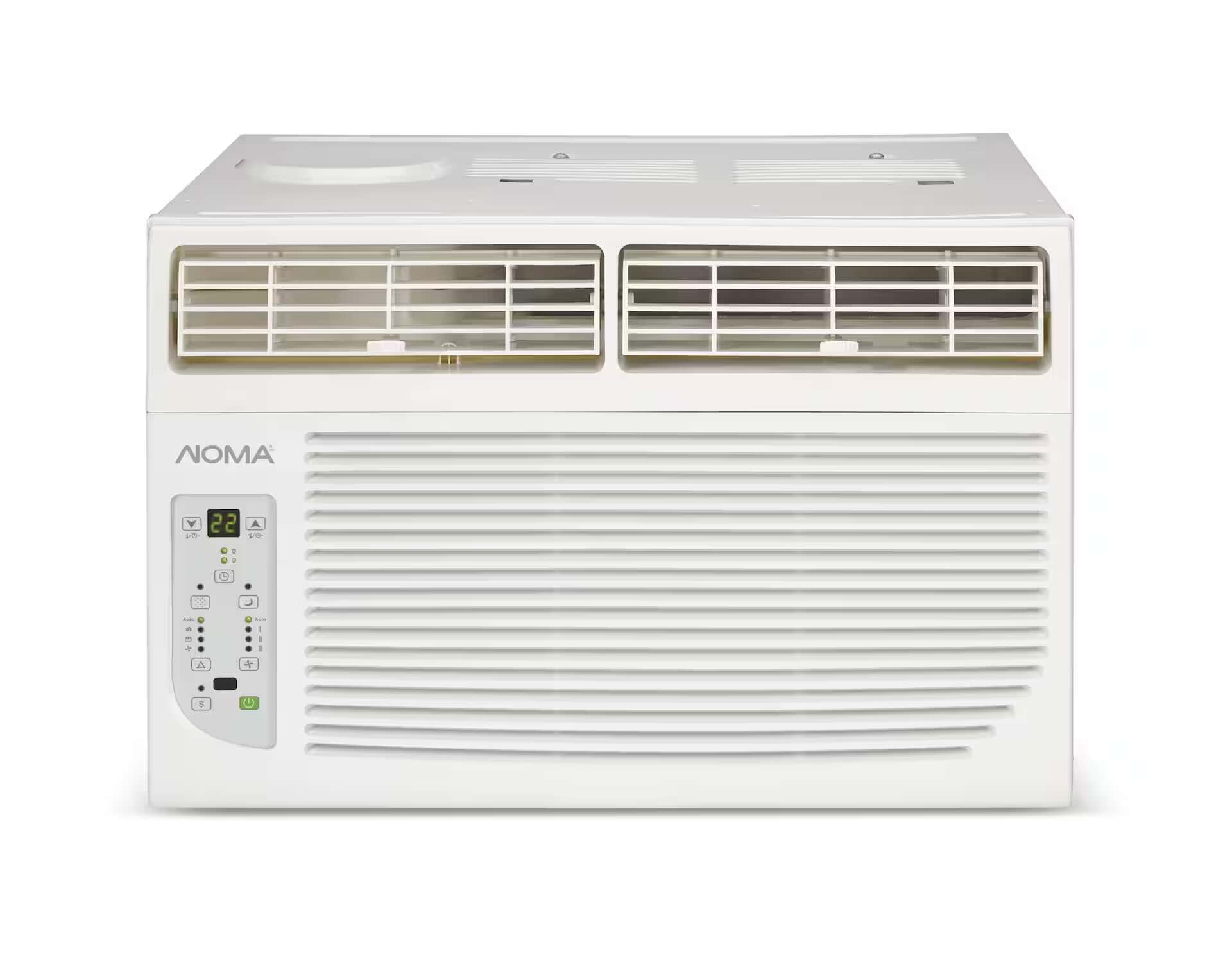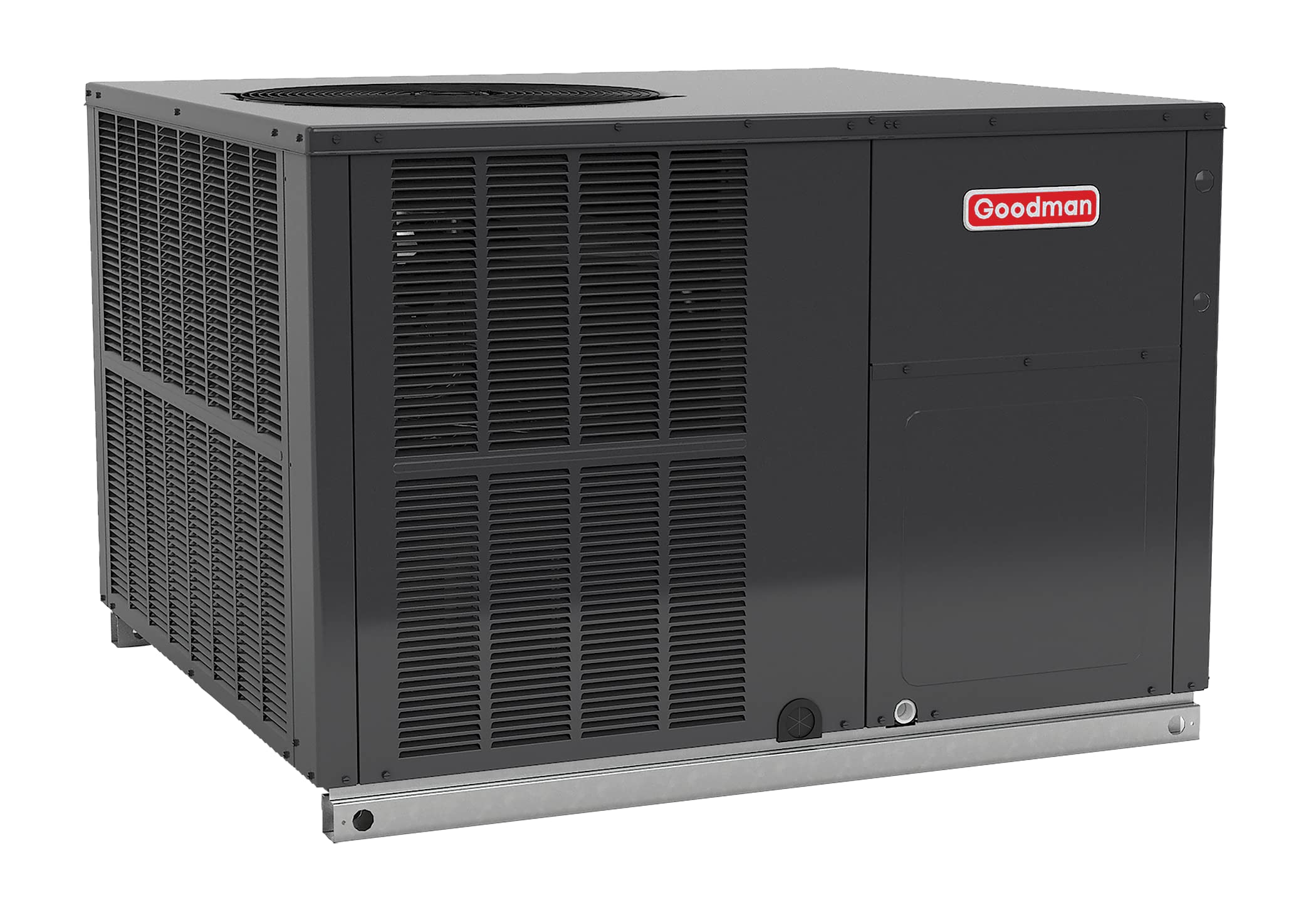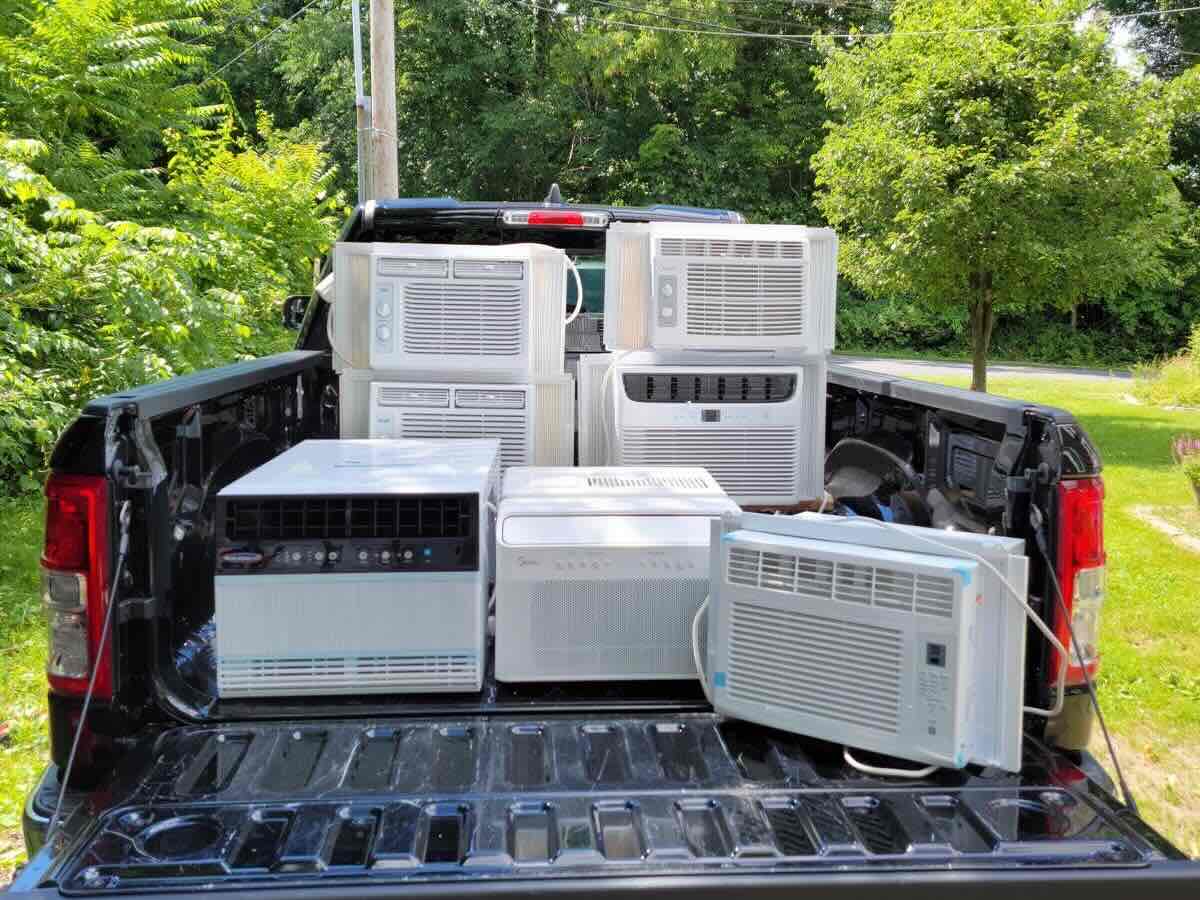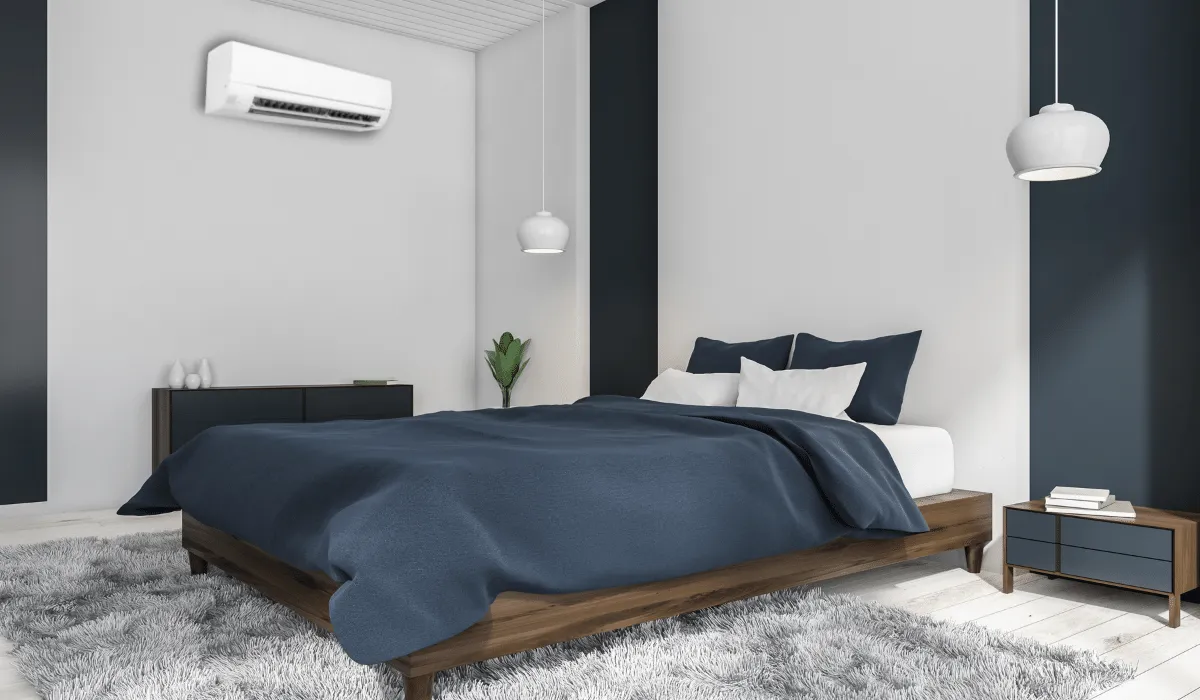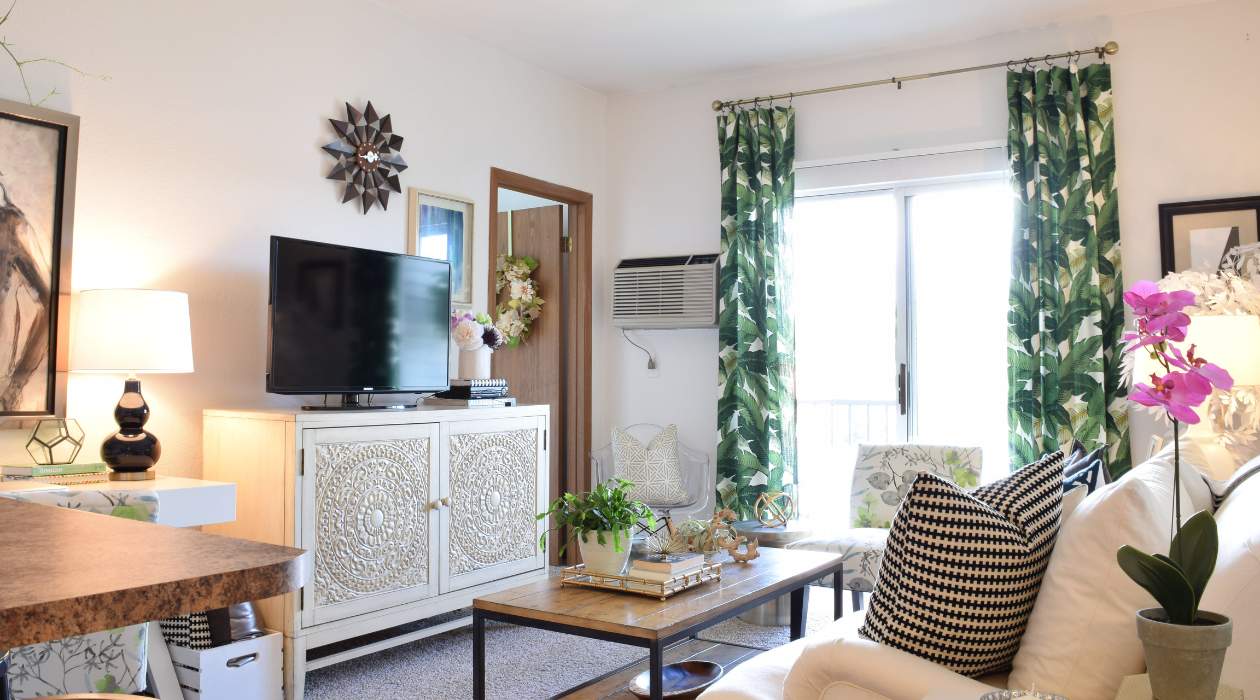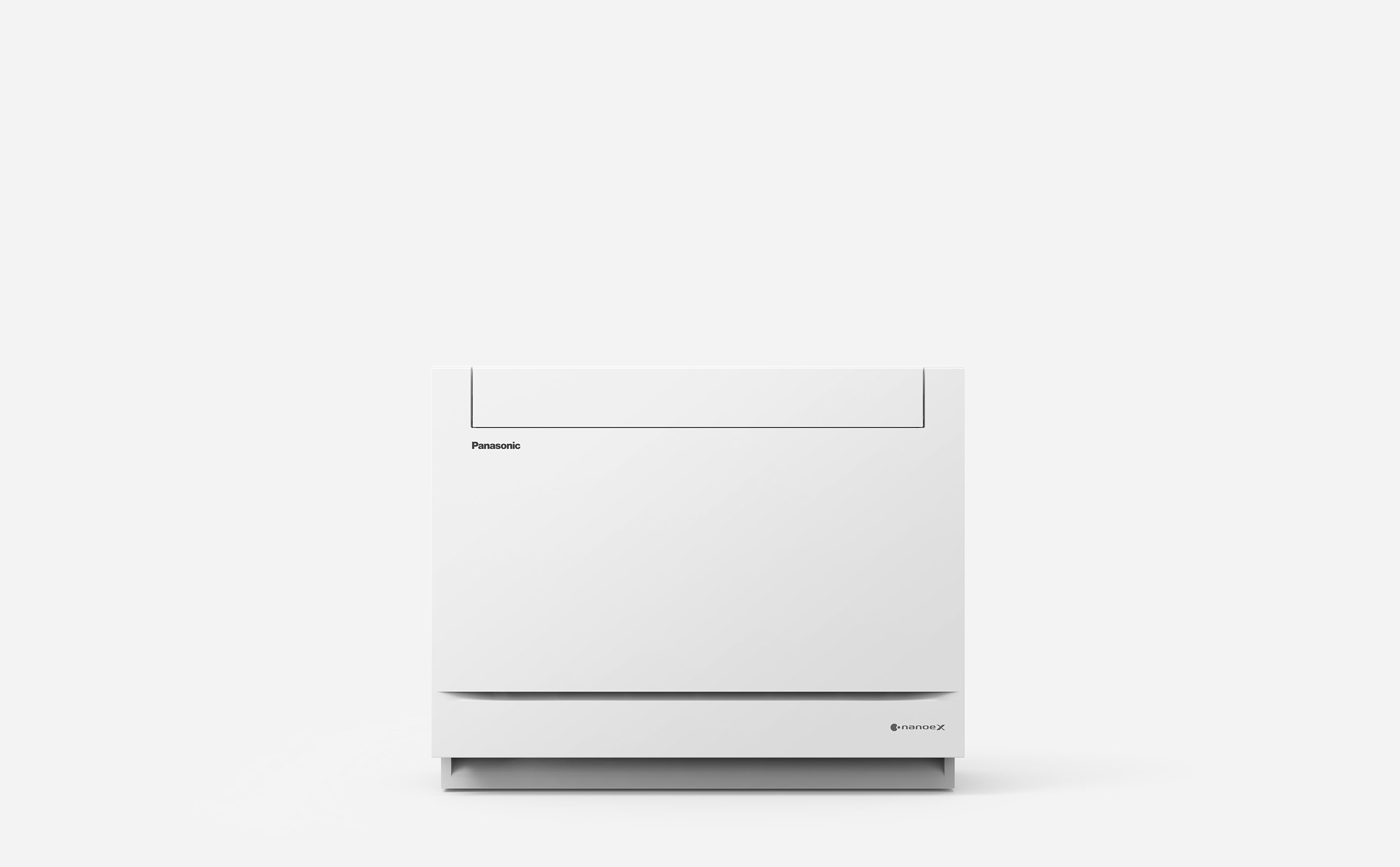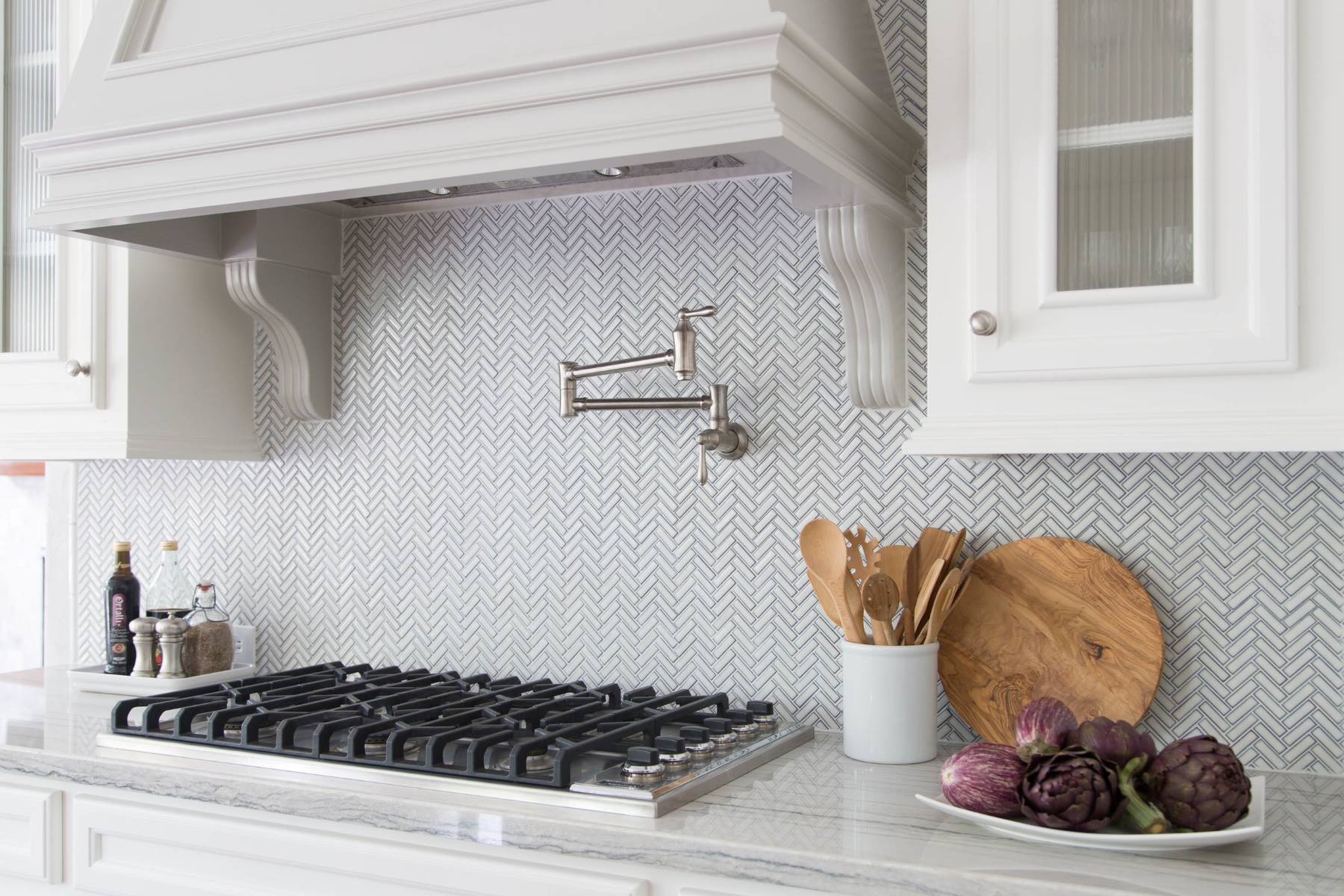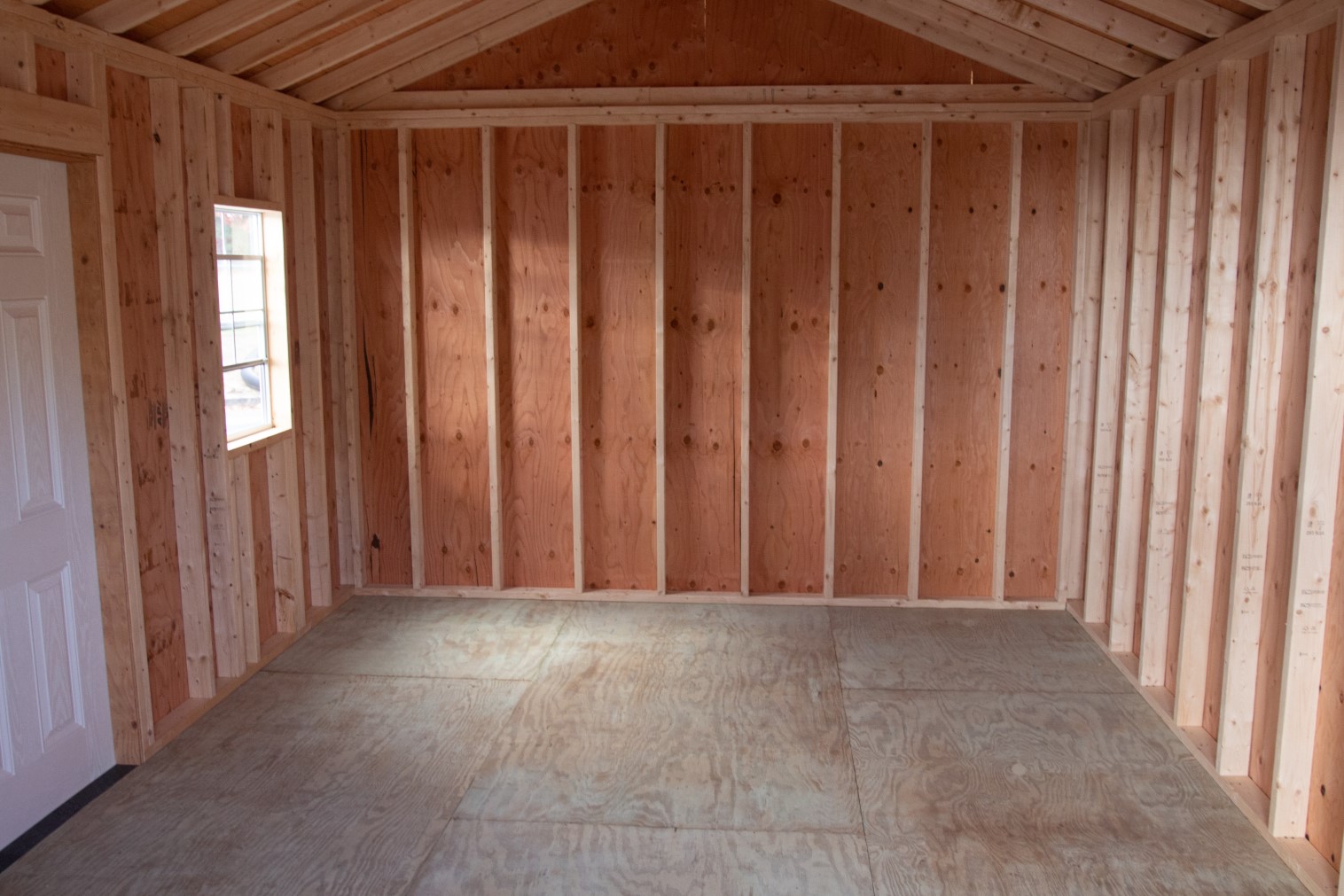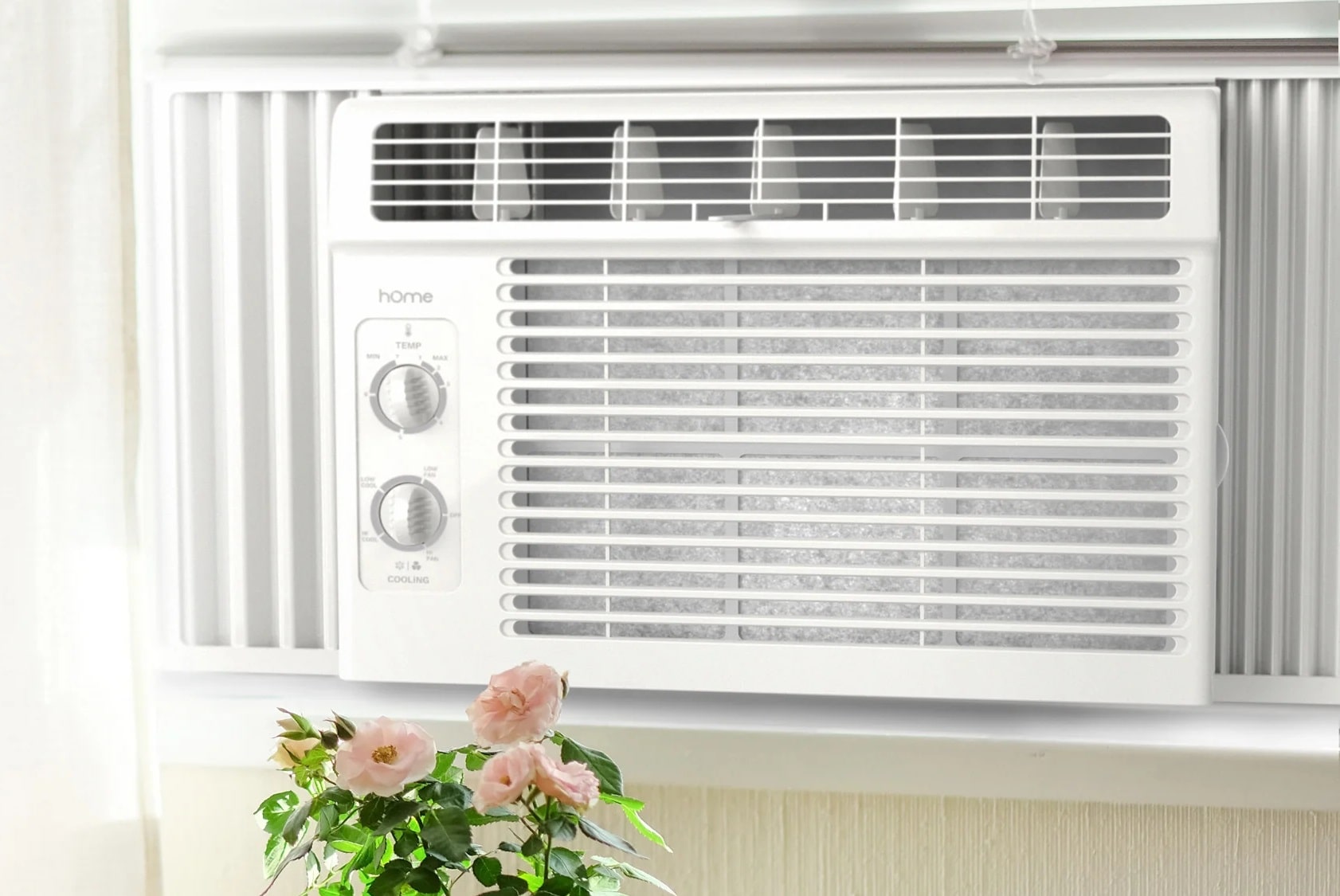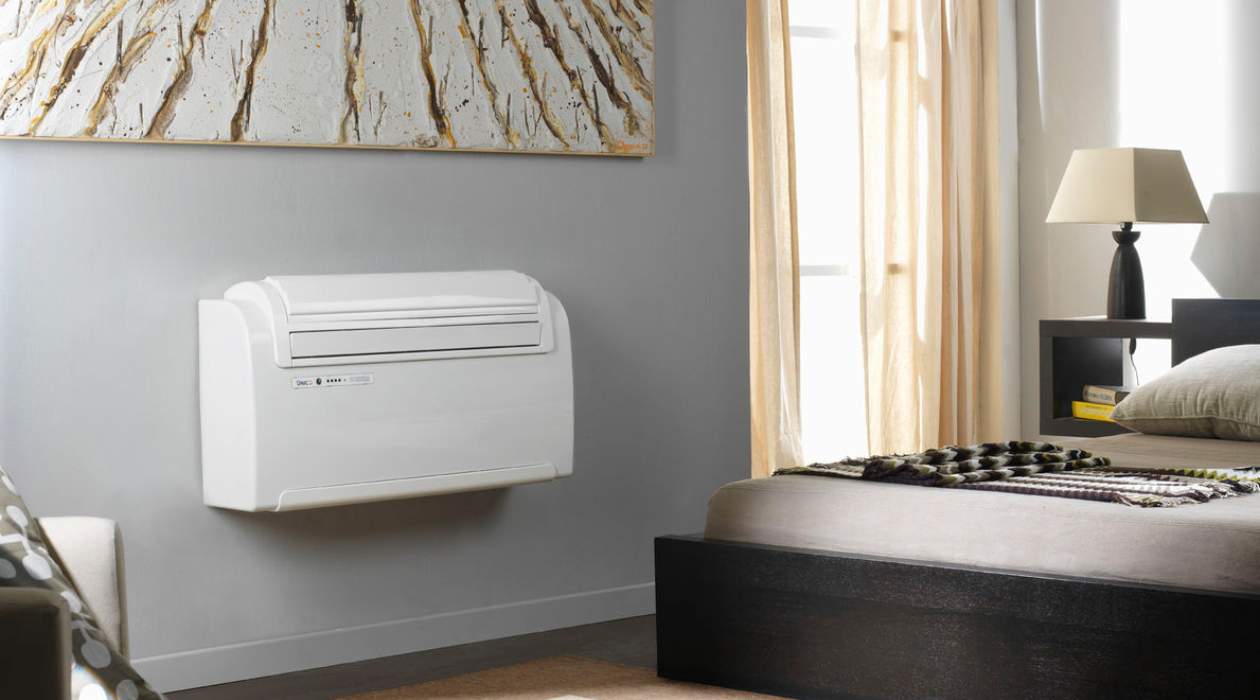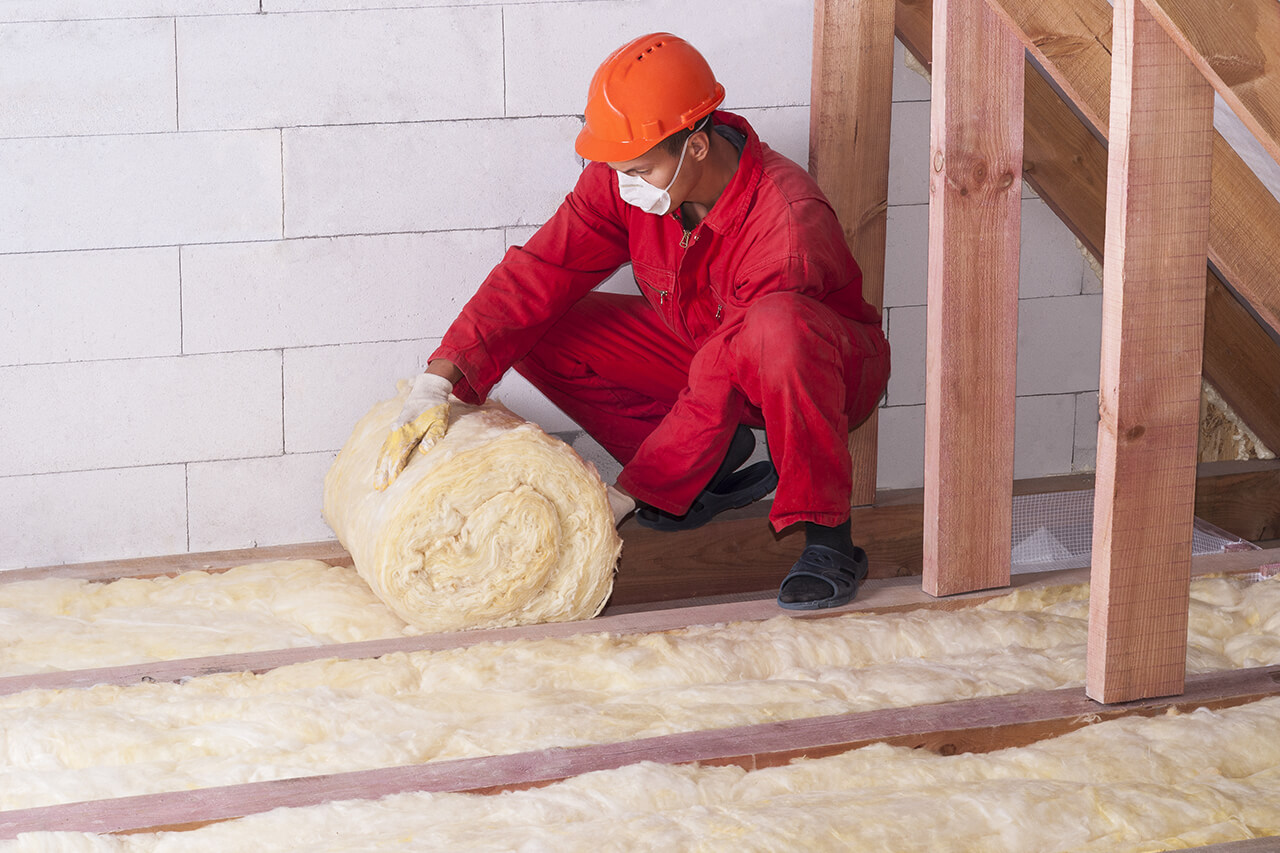Home>Home Maintenance>What Size Air Conditioner For 2000 Square Feet
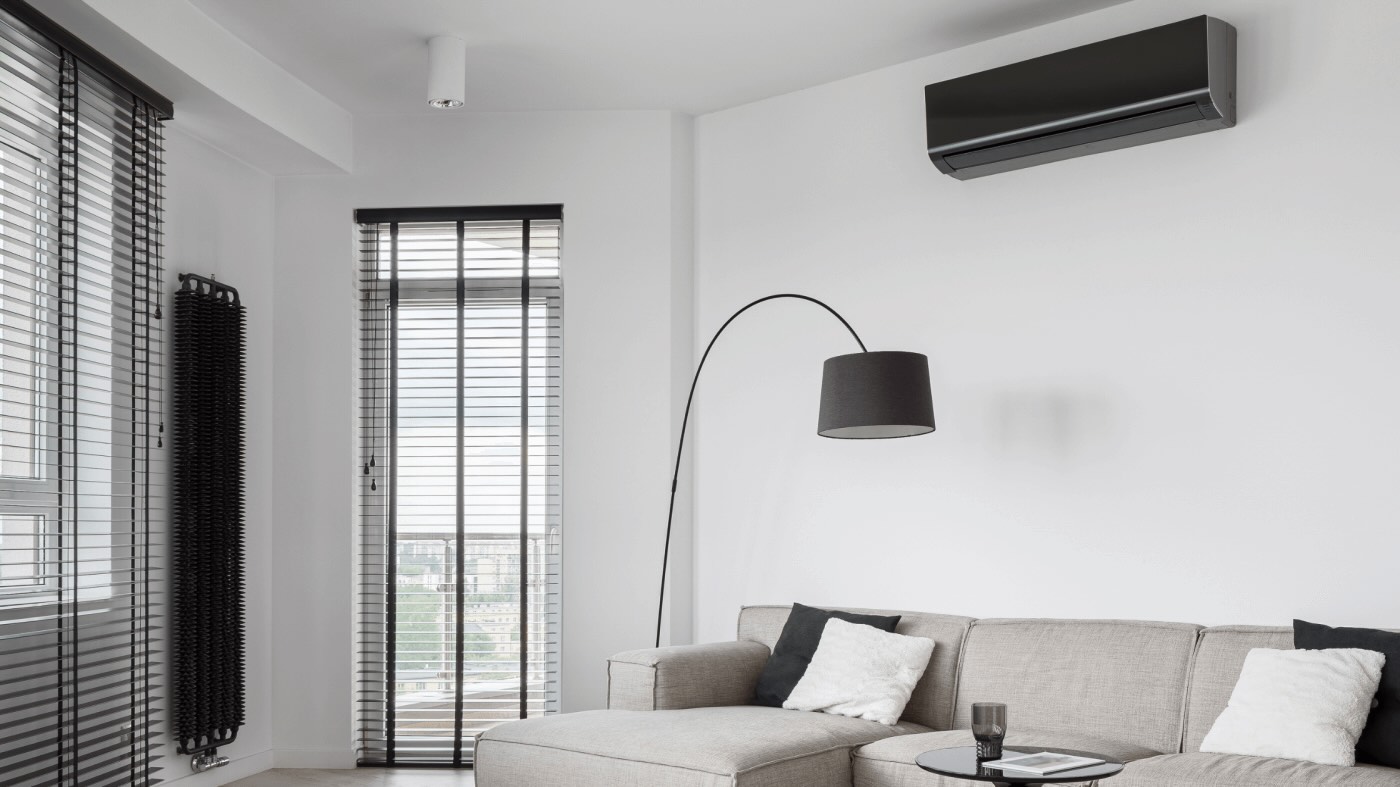

Home Maintenance
What Size Air Conditioner For 2000 Square Feet
Modified: October 20, 2024
Find the perfect size air conditioner for your 2000 square feet home with our helpful guide. Take the guesswork out of home maintenance and ensure optimal comfort.
(Many of the links in this article redirect to a specific reviewed product. Your purchase of these products through affiliate links helps to generate commission for Storables.com, at no extra cost. Learn more)
Introduction
Welcome to our comprehensive guide on choosing the right size air conditioner for a 2000 square feet home. When it comes to home maintenance, ensuring a comfortable indoor temperature is essential, especially during the scorching summer months. Selecting the correct size air conditioner is crucial for optimal cooling efficiency and energy savings.
Understanding how to determine the cooling capacity requirements for your home can be a daunting task. However, with the right knowledge and calculations, you can make an informed decision and avoid any issues down the line. In this article, we will explore the factors to consider and the methods to calculate the ideal size of an air conditioner for a 2000 square feet home.
So, let’s dive in and discover everything you need to know to ensure a cool and comfortable living space for you and your family.
Key Takeaways:
- Choose an air conditioner for a 2000 sq ft home by considering factors like climate, insulation, and occupants. Calculate cooling capacity accurately to ensure efficient and comfortable cooling.
- Seek professional guidance and consider energy efficiency, proper installation, maintenance, zoning, and smart thermostats to optimize air conditioner performance and save energy in a 2000 sq ft home.
Understanding the Factors
Before delving into the calculations, it’s important to understand the key factors that influence the size of the air conditioner you need for your 2000 square feet home. These factors include:
- Climate: Different regions have varying climates, with some being more humid or hotter than others. The climate in your area plays a significant role in determining the cooling requirements of your home.
- Insulation: The insulation in your home affects how well it retains cool air. Proper insulation decreases the workload on the air conditioner, while poor insulation leads to energy wastage and inefficient cooling.
- Number of occupants: The number of people living in your home can impact the cooling needs. More occupants generate additional heat, increasing the demand for cooling.
- Windows and orientation: The size and position of windows, as well as their insulation properties, affect the amount of heat gained from sunlight. East and west-facing windows receive more sunlight and require more cooling.
- Appliances and electronics: The heat generated by appliances, electronics, and lighting fixtures adds to the cooling load of your home. Consider the number and wattage of these devices when calculating the air conditioner size.
By considering these factors, you can gain a better understanding of the unique cooling requirements for your 2000 square feet home. This knowledge will guide you in selecting the appropriate size air conditioner that can effectively cool your living space.
Determining the Cooling Capacity Requirements
When it comes to selecting the right size air conditioner, the cooling capacity is a crucial factor to consider. Cooling capacity is measured in British Thermal Units (BTUs) and refers to the amount of heat an air conditioner can remove from a space in one hour. To determine the cooling capacity requirements for your 2000 square feet home, you need to follow these steps:
- Calculate the square footage: Measure the length and width of each room in your home and multiply them to get the square footage. Add up the square footage of all rooms to get the total square footage of your home.
- Determine the cooling load: The cooling load is the amount of heat that needs to be removed from the home to maintain a comfortable temperature. You can use online calculators or consult HVAC professionals to calculate the cooling load based on factors like climate, insulation, and other considerations.
- Convert the cooling load to BTUs: Once you have determined the cooling load, you can convert it to the necessary BTU capacity. A general rule of thumb is to allocate 20 BTUs per square footage, but it’s always best to consult professionals for a more accurate calculation.
For example, if your cooling load calculation determines that you need 40,000 BTUs to cool your 2000 square feet home, you would select an air conditioner with a cooling capacity of 40,000 BTUs or higher. Keep in mind that selecting an air conditioner with a slightly higher BTU capacity can provide more efficient cooling and help regulate the temperature more effectively.
It’s important to note that undersized air conditioners may struggle to cool your home adequately, leading to increased energy consumption and decreased comfort. On the other hand, oversized air conditioners may cycle on and off frequently, resulting in inefficiency and increased wear on the system.
By following this process and accurately determining the cooling capacity requirements, you can ensure that your air conditioner is properly sized for your 2000 square feet home, resulting in optimal cooling performance and energy savings.
A 2,000 square foot space typically requires a 24,000 BTU air conditioner for efficient cooling. It’s important to consider factors like ceiling height, insulation, and climate when choosing the right size AC unit.
Calculation Methods for Finding the Right Size
There are a few common calculation methods that can help you find the right size air conditioner for your 2000 square feet home. These methods take into account various factors and provide more accurate estimates for cooling capacity. Let’s explore two popular calculation methods:
- Manual J Load Calculation: This method involves a detailed analysis of your home’s insulation, windows, doors, orientation, appliances, and other factors to calculate the cooling load accurately. It takes into account the climate of your region and provides precise measurements for cooling capacity. Manual J calculations are commonly performed by HVAC professionals, ensuring a reliable estimation of the air conditioner size you need.
- Rough Estimation Formula: If you prefer a quick estimation without the need for professional assistance, you can use a rough estimation formula. Multiply the total square footage of your home by a factor of 25 BTUs per square foot. For a 2000 square feet home, you would calculate as follows: 2000 (square footage) x 25 (BTUs per square foot) = 50,000 BTUs. This rough estimation provides a starting point, but it’s always recommended to consult with HVAC professionals for a more precise calculation.
While the rough estimation formula provides a quick estimate, it may not account for the unique characteristics of your home and may result in an oversized or undersized air conditioner. Therefore, it’s advisable to opt for the Manual J Load calculation for a more accurate determination of the right size air conditioner for your 2000 square feet home.
Remember, these calculation methods provide a guideline, but it’s essential to consult with HVAC professionals who can consider all the necessary factors and provide an accurate sizing recommendation specific to your home.
Other Considerations
While determining the right size air conditioner for your 2000 square feet home, there are a few other important considerations to keep in mind:
- Energy Efficiency: Look for air conditioners with high energy efficiency ratings, such as SEER (Seasonal Energy Efficiency Ratio) ratings. Higher SEER ratings indicate better energy efficiency, which can result in lower energy bills and reduced environmental impact.
- Installation: Proper installation of the air conditioner is crucial for optimal performance. Consult an HVAC professional to ensure that the air conditioner is installed correctly and all necessary ductwork and insulation are in place.
- Maintenance: Regular maintenance of your air conditioner is essential for its longevity and efficiency. Keep the filters clean, check for any leaks, and schedule annual servicing to keep your air conditioner running smoothly.
- Zoning: Consider implementing a zoning system in your home. This allows you to divide your home into different zones and control the temperature independently in each area. Zoning can help optimize energy usage and provide personalized comfort.
- Smart Thermostats: Investing in a smart thermostat can provide additional energy-saving benefits. These thermostats allow you to program and control the temperature remotely, optimize cooling settings, and receive energy usage reports.
By considering these additional factors, you can maximize the efficiency and performance of your air conditioner, resulting in a comfortable living environment while minimizing energy consumption and costs.
Conclusion
Choosing the right size air conditioner for your 2000 square feet home is essential for a comfortable indoor environment, efficient cooling, and energy savings. By understanding the factors that influence sizing, calculating the cooling capacity requirements, and considering other important factors, you can make an informed decision that suits your specific needs.
Remember to take into account factors such as climate, insulation, the number of occupants, windows and orientation, and the heat generated by appliances. These factors will help you determine the cooling load and convert it into the necessary BTU capacity for your air conditioner.
While rough estimation formulas can provide a quick estimate of the cooling capacity, it is highly recommended to consult HVAC professionals and consider performing a Manual J Load calculation for a more accurate sizing recommendation. This calculation takes into account the unique characteristics of your home and provides a precise estimation.
Additionally, consider other factors such as energy efficiency, proper installation, regular maintenance, zoning, and the use of smart thermostats to optimize the performance and energy usage of your air conditioner.
By carefully considering these factors and seeking professional guidance, you can ensure that your air conditioner is perfectly sized for your 2000 square feet home. This will result in efficient cooling, improved comfort, and long-term energy savings.
Stay cool, and enjoy the comfort of your properly sized air conditioner!
Frequently Asked Questions about What Size Air Conditioner For 2000 Square Feet
Was this page helpful?
At Storables.com, we guarantee accurate and reliable information. Our content, validated by Expert Board Contributors, is crafted following stringent Editorial Policies. We're committed to providing you with well-researched, expert-backed insights for all your informational needs.
